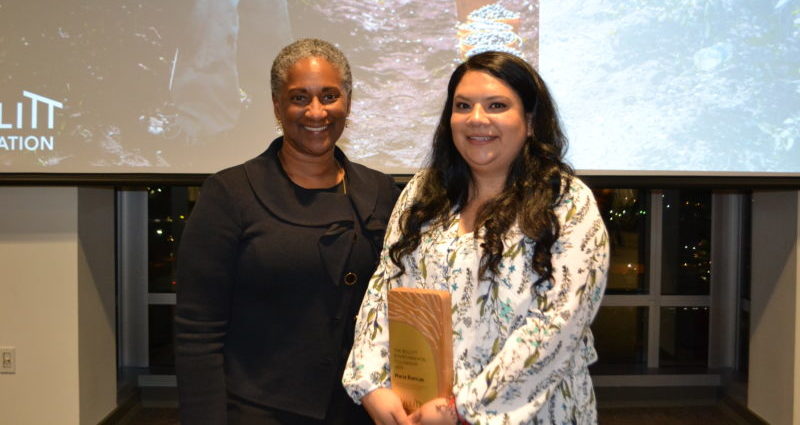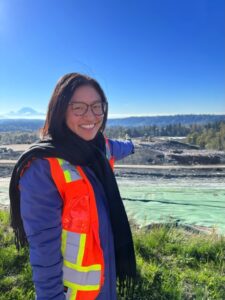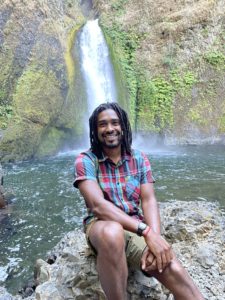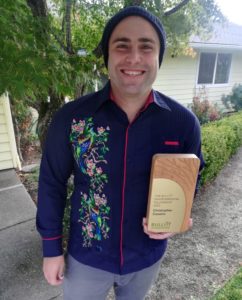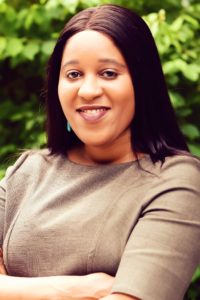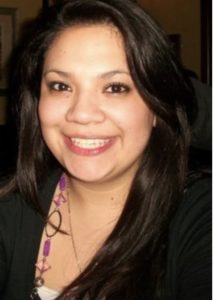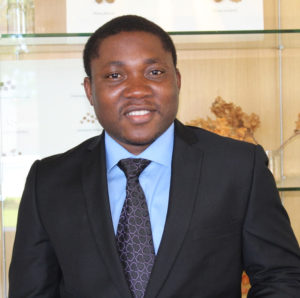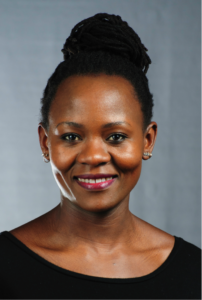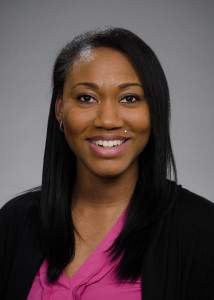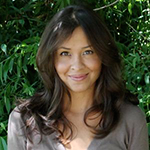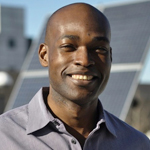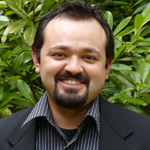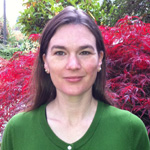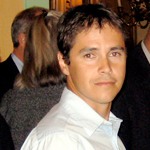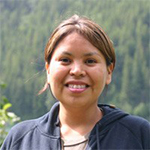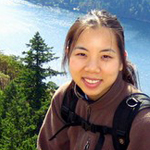Nicola Smith is a Ph.D. candidate in Marine Biology with the Earth to Oceans Research Group at Simon Fraser University, BC, Canada. She earned an Honors B.Sc. with High Distinction from the University of Toronto, Trinity College, where she double majored in Zoology and English. She obtained a M.Sc. in Zoology from the University of British Columbia, where her thesis focused on invasive and native reef fish colonization of human-made structures in coastal waters. Her current research interests include invasive species, coral reef fish ecology, and data-poor tropical fisheries.
Most of Nicola’s work to date centers on evaluating the ecological effectiveness of strategies to control invasive, Indo-Pacific lionfish populations on coral reefs in the Caribbean. Her scientific contributions in this area include several peer-reviewed publications in the journals, PLoS ONE, Biological Invasions, Frontiers in Marine Science, and the Journal of Fish Biology. From 2010 to 2013, Nicola was the experiment coordinator for The Bahamas Lionfish Control Pilot Project. The project was part of a regional initiative funded by the Global Environment Facility/United Nations Environment Program (GEF/UNEP), and aimed to build capacity in the Caribbean to address the threats posed by invasive species through information sharing and the development of country-specific pilot projects.
Nicola is also known for her work on reconstructing unreported fisheries catches in The Bahamas, her home country. Her research on the issue was published in the journal, Fishery Bulletin, and was featured in the TV documentary, “An Ocean Mystery: The Missing Catch,” which premiered on the Smithsonian Channel in 2017. In 2016, Nicola was a part of the official delegation from The Bahamas at the 32nd Committee on Fisheries (COFI32) at the Food and Agriculture Organization of the United Nations in Rome, Italy. Nicola was a speaker and panelist at a COFI32 side event on “Reliable Fishery Statistics and Importance for Food Security Assessments,” where she presented her research findings on unreported recreational fishery catches in The Bahamas over the last half century.
Recently, Nicola was selected by the Royal Society, London, as an “Outstanding PhD Student in Biology from the Caribbean” to attend the 2017 Commonwealth Science Conference in Singapore. She is also the recipient of numerous awards, including: a Professional Development Grant from the Society for Conservation Biology, Latin America and Caribbean Section (2017), an Organization of American States Graduate Scholarship (2015-2017), The Bahamas Ministry of Education Graduate Academic Scholarship (2013-2016), the Canadian Lyford Cay Foundation Graduate Scholarship (2013-2015), Simon Fraser University Provost International Fellowship (2013-2015), the University of British Columbia Graduate Fellowship (2008), the Disney Worldwide Conservation Fund (2007-2008), Trinity College Scholar for Outstanding Academic Achievement (2006), and the George Gray Falle Scholarship for High Achievement in English (2006). In 2013, she was featured in The Tribune Newspaper as one of The Bahamas’ brightest “40 Under 40, Bridge to the Future,” as part of their 40th Independence Celebrations. Nicola hopes to work in academia as a Principal Investigator or to work as a regional head of an Inter-governmental Environmental Organization. She enjoys reading, swimming and snorkeling in her free time.

